SUMMARY
This is AI generated summarization, which may have errors. For context, always refer to the full article.
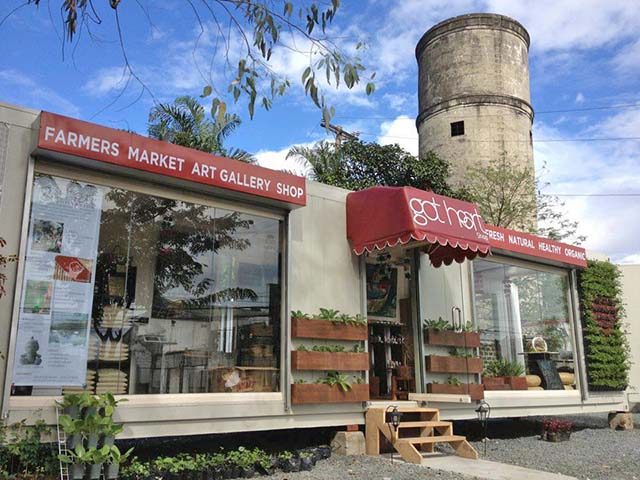
A criticism often leveled against Filipino consumers is that we tend to indiscriminately favor imported products over their local counterparts.
Such accusation tends to sidestep the real problem: It is hard to find the very best Philippine-made products.
The Got Heart Foundation, which operates a trio of community shops, aims to address this issue.
Each of their community shops collates and curates products from local artisans and merchants. These are the ones which local consumers and supporters might proudly tag as #MadeInPH or #MadeInThePhilippines.
Their location at the Gaisano Mall of Davao (GMALL) primarily features items that promote Mindanoan culture, everything from art to furniture to organic food.
Supporting small businesses
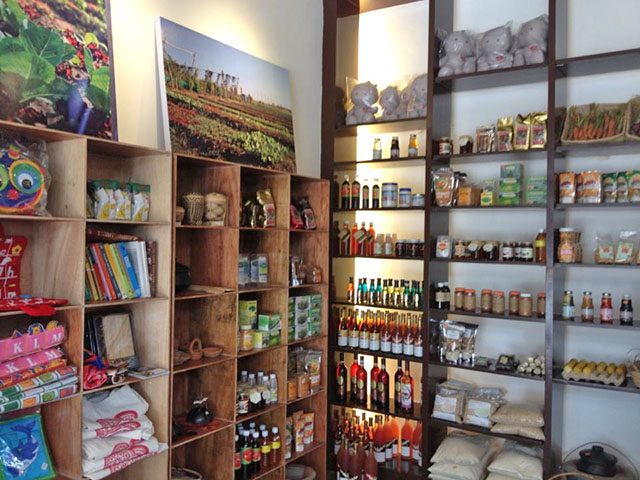
Melissa Yeung, the founder of Got Heart, said that they currently have more than 200 partners in the community. This figure only represents a small amount of the possible merchants they could partner with, so how do they choose?
“First of all, we don’t sell products we (our friends and family) won’t buy ourselves,” Yeung said. “We also listen to what our customers want and source products they request.”
They also sometimes introduce community products with the hope that they will sell. Since these may be new, they may be less than perfect, Yeung admitted.
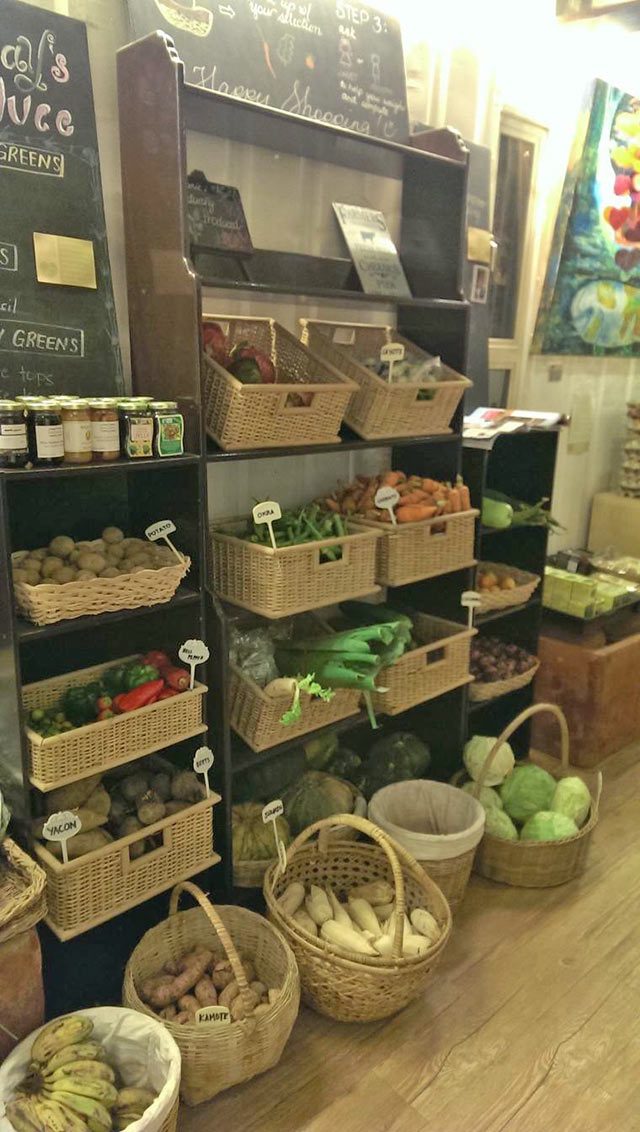
“We’re fully aware that some products need improvement but what’s important for us is that the communities were given a chance for their products to be highlighted and noticed by potential buyers,” Yeung shared.
She added that she wants the merchants to have cash flow, so they can then improve the product or grow their business.
Involving partners
Sometimes, the partners actually curate themselves during Got Heart’s operational process as the foundation does not place products in shelves – it gives each partner a different level of business support.
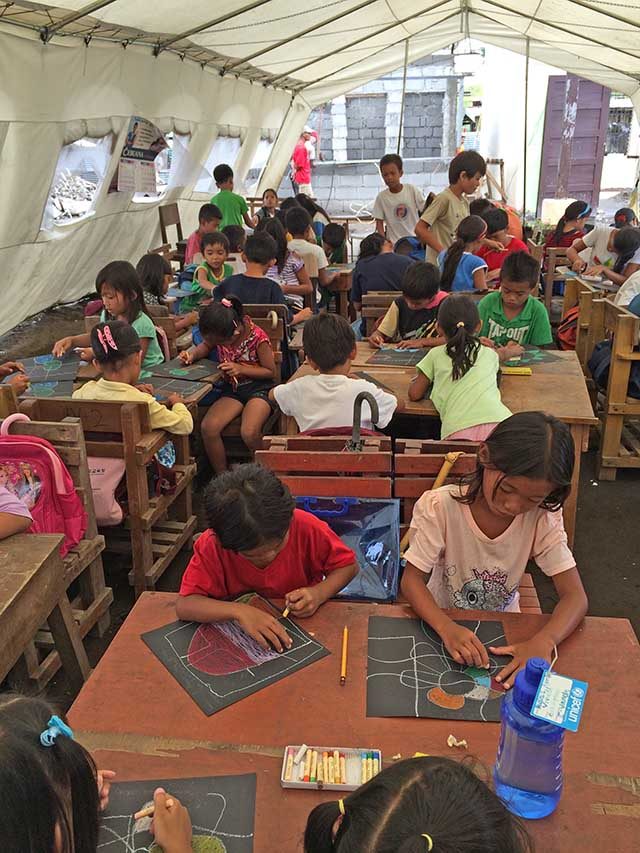
Got Heart has organized and funded a few grassroots enterprises from scratch. When a business is dwindling due to a lack of market or capital, Got Heart steps in to buy directly from them.
These products are sometimes sold as-is as the community shop. In other cases, they are given value-added, such as helping with packaging or turning food items into dishes in Earth Kitchen, which is the restaurant and social enterprise counterpart of Got Heart.
There is a small markup on products to help sustain business operations. “Operational expenses include proper wages for the shopkeepers, who are also people from the communities we’re partnered with,” Yeung said.
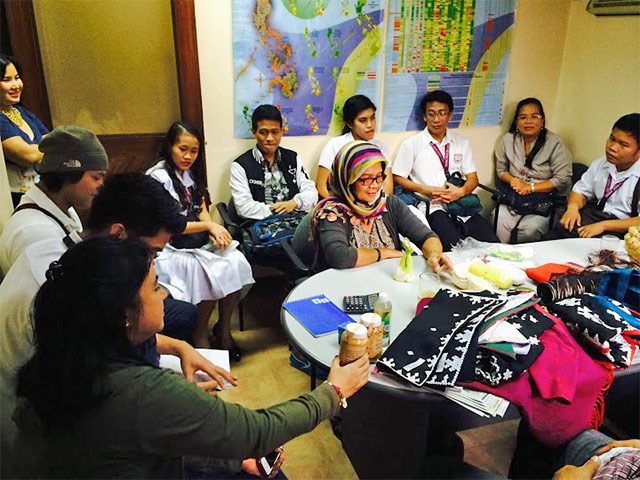
Although this business model is complex, Yeung takes pride in the fact that it has worked well so far.
“Though we receive donations from time to time, we have no big donors and are primarily self-sustainable,” she said.
Surplus funds are used to provide additional support to enterprises, such as buying equipment or greenhouses for farmers, Yeung said.
The heart of the matter
As one would expect, many of Got Heart’s customers are Filipinos who already understand the value of buying local. The foundation also tries to reach out to potential customers who may not necessarily have this mindset.
Much of this effort goes into the store’s design. Yeung said that the Got Heart team has added some of the stories and photos of their partners, so that patrons can see the faces behind the products.
“The shopkeepers who are also from our partner communities share stories of different products to our customers,” she said.
In terms of who she brings on board to work or partner with Got Heart, Yeung is also understandably very careful. She has always been like this, but her focus has changed along the way.
“At first, I only looked into academic credentials. Eventually, I realized that it’s the ‘heart’ that’s more important,” she said, and emphasized that skills can easily be learned through the actual operations, so long as they are willing to learn and know what they are there for.
After learning the concept of social entrepreneurship, Yeung founded Got Heart to be able to share her blessings with others in a scalable and sustainable way – by building and supporting local enterprises.
“From the initial challenge of raising funds to giving people “fish,” it’s now teaching people how to fish, helping sell the fish, and reinvesting the sales to grow the social enterprises,” she said.
Ultimately, then, it is not really the products that Yeung wants to showcase, but the people behind them and what they can form when they band together in the pursuit of something larger than themselves: a community. – Rappler.com
Rappler Business columnist Ezra Ferraz is also the chief content officer at ZipMatch, a tech company backed by Ideaspace Foundation, Hatchd Digital, IMJ Investment Partners, and 500 Startups. He brings you Philippine business leaders, their insights, and their secrets via Executive Edge. Connect with him on Twitter: @EzraFerraz
Add a comment
How does this make you feel?
There are no comments yet. Add your comment to start the conversation.